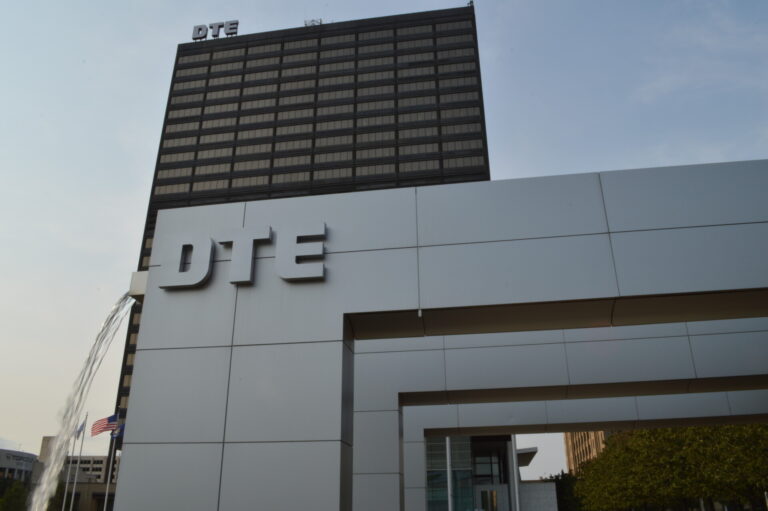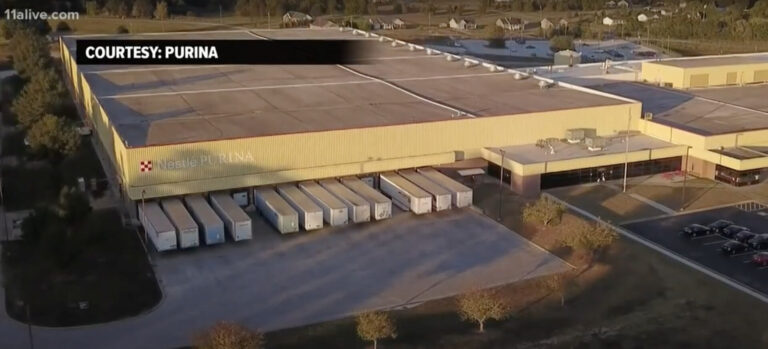Neil Chatterjee: Trump’s FERC pick is a rubber stamp for fossil fuel and utility interests
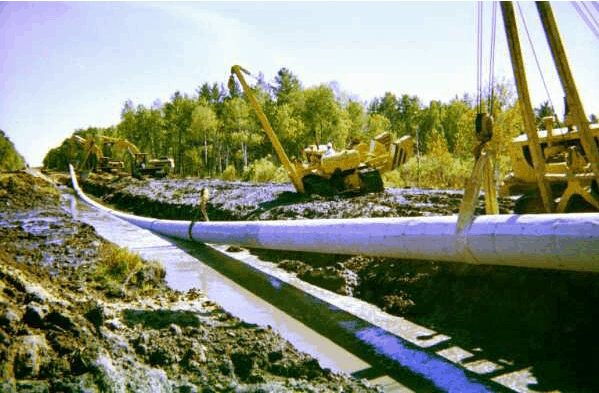
President Trump will soon nominate Neil Chatterjee to fill one of the three open seats on the Federal Energy Regulatory Commission (FERC), according to media reports.
A coalition of 135 environmental groups is lining up to oppose Trump’s FERC nominees. The coalition views FERC as a rubber stamp for oil and gas pipeline proposals. They argue that FERC has only rejected a single pipeline in 30 years, and generally ignores the climate risks of overreliance on natural gas.
Chatterjee’s record on these issues indicate that he would likely double down on the status quo at FERC.
McConnell’s right hand man on energy and environmental issues
Neil Chatterjee is currently a policy advisor to Senate majority leader Mitch McConnell, a position he has held since 2009. Through his work for Sen. McConnell, Chatterjee has made a name for himself advocating for policies that squarely align with the agenda of fossil fuel and utility interests.
For example, Chatterjee:
- spearheaded the Republican push for Senate approval of the controversial Keystone XL pipeline
- sought to undermine U.S. leadership on the Paris climate agreement
- led Sen. McConnell’s campaign to convince states to “just say no” to the Environmental Protection Agency’s Clean Power Plan
- worked to lift the ban on crude oil exports
Chatterjee’s work for Sen. McConnell has led him into some of the inner circles of climate denial. For example, in 2015, he presented at Energy & Environment Legal Institute’s First Annual Gala, which also featured presentations by climate deniers Chris Horner and David Schnare. The group is known for its harassment of climate scientists, and has received money from the coal industry.
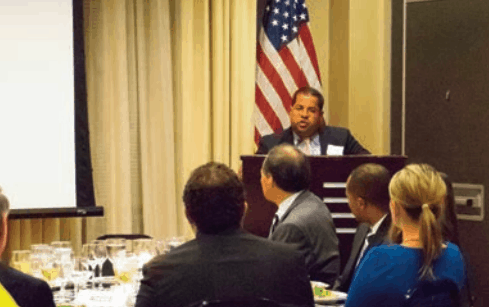
Chatterjee is cozy with fossil fuel and utility interests
Before his stint with McConnell’s office, Chatterjee worked as a lobbyist for the National Rural Electric Cooperative Association from 2007-2009, and before that spent several years as an aide in the House of Representatives. NRECA represents more than 900 electric cooperatives that remain over-reliant on coal, and has long opposed policies designed to clean up pollution from this dirtiest of fossil fuels.
Mel Coleman, a member of NRECA’s board of directors and CEO of the North Arkansas Electric Cooperative, welcomed reports of Trump’s choice of Chatterjee to fill one of the empty seats at FERC on Twitter:
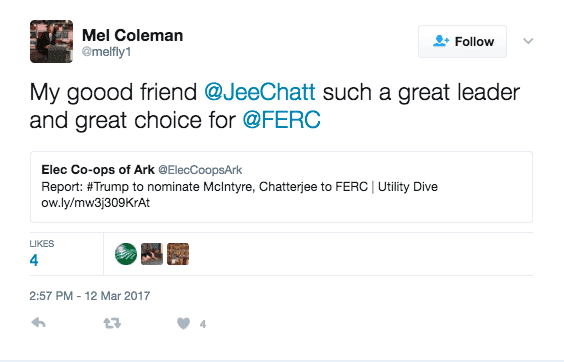
Chatterjee has also participated in a number of fossil fuel and utility industry events, including:
- November 2016: provided a post-election perspective at the 2016 Constellation Executive Energy Forum
- October 2016: spoke on his work on the Keystone XL pipeline at the North American Gas Forum, where event sponsors and attendees included a who’s who of the gas industry
- September 2011: participated in the Nuclear Energy Institute’s Government Affairs Conference.
Neil Chatterjee’s outdated views on fossil fuels and renewable energy
In 2013, Chatterjee published a one-and-a-half page article in The Counselor, a publication of his alma mater, the University of Cincinnati College of Law. Titled, “An Alternative View: Taking Another Look at Fossil Energy,” Chatterjee’s piece appeared directly after a cover story by Joseph Tomain, dean emeritus for the law school, which studiously listed the relative risks and benefits of a wholesale switch to natural gas.
Tomain concluded:
If the clean energy transition is to be successful, then the United States, and indeed the world, must move away from fossil fuels. In the U.S., we can improve national security, reduce economic threats, and reduce environmental degradation through clean energy. We must continue a commitment to a clean transition by expanding the use of renewa[b]l[e] resources and energy efficiencies. Shale gas plays no role in that picture.
For his part, Chatterjee essentially ignored the environmental risks raised by Tomain, and advocated for continued reliance fossil fuels. Chatterjee echoed the Energy Information Administration’s deeply flawed projection that renewable energy would only provide 9 to 13 percent of U.S. energy by 2040.
Chatterjee wrote:
The issue isn’t that the playing field is not level and needs to be altered, but rather that renewable energy is simply not competitive, affordable, or widely available, even with significant, expensive government support.
In 2015, just two years after Chatterjee’s piece appeared in The Counselor, renewable energy generation broke the 13 percent mark and its share of the electricity pie has increased since then. Meanwhile, the costs of clean energy technologies like solar power continue to decline.
Not the only rubber stamp
Reports also indicate that President Trump will nominate Kevin McIntyre, a lead attorney for Jones Day’s global energy practice. His experience includes representing major clients in the fossil fuel and utility industries in matters before FERC.
Experience has shown that is all too easy for FERC commissioners to avoid recusing themselves from cases involving potential conflicts of interest. It’s likely that Chatterjee and McIntyre FERC will participate in FERC cases involving their former clients and employers, all the more reason to expect that Trump’s FERC nominees will be rubber stamps for his anti-clean energy agenda.
Cover photo courtesy of FERC.

